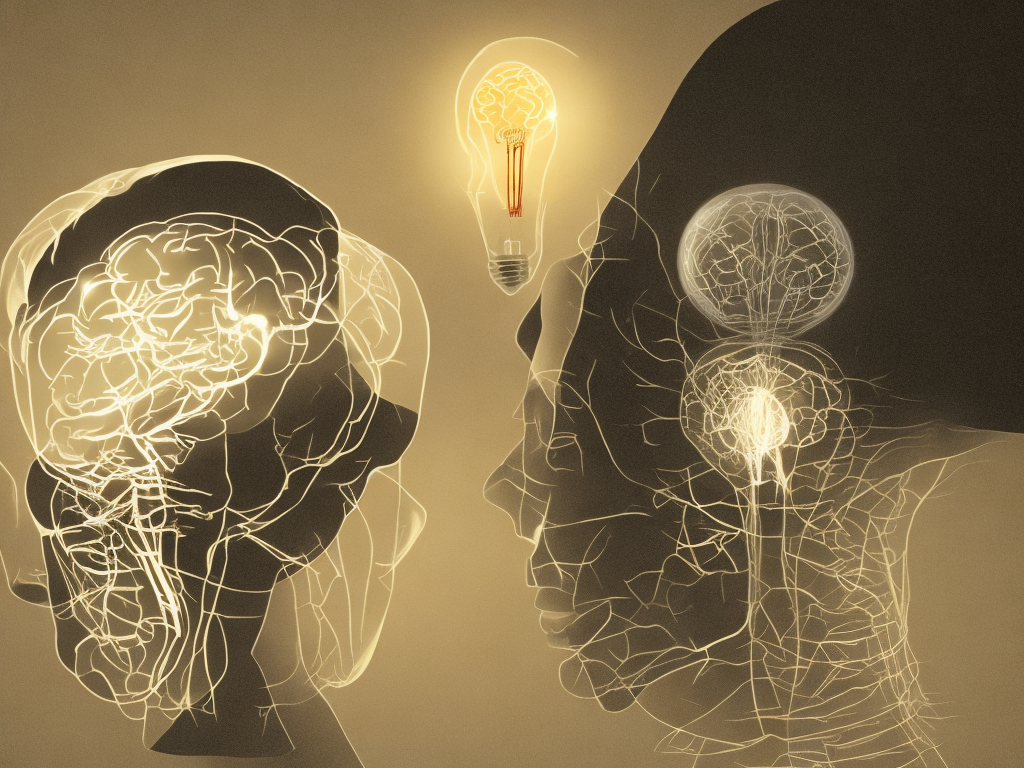
Intelligence and intellect are two terms of extreme significance when it comes to cognitive abilities of any individual. Although these terms are often used interchangeably, they are not the same. In fact, intelligence and intellect are two completely different concepts that have different meanings, characteristics, and attributes. In this article, we will delve deep into the differences between intelligence and intellect and explore how they impact a person's cognitive abilities and success in life.
What is Intelligence?
Intelligence is the ability to learn, understand, and apply knowledge to solve problems and perform tasks. It includes various cognitive abilities such as memory, reasoning, perception, planning, and creativity. Intelligence is measured using various standardized tests and psychometric tools, such as IQ scores, which are widely used to determine an individual's level of intelligence.
Intelligence is regarded as an inherited trait that is influenced by genetics and the environment. Intelligence is dynamic and can improve with effort and practice, although it is commonly believed that intelligence is immutable, that it remains the same throughout a person's lifetime.
Intelligence can be further categorized into different types, such as fluid intelligence, which includes the capacity to reason, problem-solve, and adapt to new situations, and crystallized intelligence, which involves the accumulation of knowledge and skills through education and experience.
What is Intellect?
Intellect, on the other hand, encompasses the ability to think, reason, and understand reality at a deeper and more profound level. It involves cognitive attributes such as curiosity, intuition, insight, and wisdom. Intellect is not only about the ability to gather and retain information but also the ability to apply knowledge to envision or evaluate creative ideas.
Intellect is reflective and introspective, requiring a deeper level of reasoning that emphasizes critical thinking and questioning commonly held assumptions. Intellect focuses on developing a framework of thought and ideas that go beyond the immediate concerns of the moment. It helps individuals to look inward and outward to understand the rationale behind human behavior.
Intelligence vs. Intellect: Understanding the Differences
While both terms might appear similar, they have several significant distinctions that distinguish one from the other. Here are some of the major differences:
1. Appearances vs. Substance
Intelligence is all about appearances, while intellect is more about substance. Intelligence is more concerned with getting good grades or performing well on standardized tests. On the other hand, intellect is about gaining wisdom and acquiring knowledge to improve one's understanding of the world.
2. Static vs. Dynamic
Intelligence is often considered to be static, while intellect is viewed as dynamic. A person may have a high IQ score that remains the same throughout their lifetime, but they may not possess the intellectual depth or wisdom needed to make the best decisions. Intellect, on the other hand, is something that can be improved through experience and introspection.
3. Nature vs. Nurture
Intelligence is believed to be influenced by genetics and the environment, but intellect is considered to be mainly nurtured by the environment. While a person's intellect may be influenced by genetics, it is more likely to be affected by their upbringing, education, and life experiences.
4. Rationality vs. Emotion
Intelligence is often associated with rationality, while intellect incorporates a person's emotions, creativity, and intuition. Intellect recognizes that people are not just rational beings but also emotional ones who can be motivated by non-rational factors.
5. Broad vs. Deep
Intelligence covers a wide range of cognitive abilities, but it lacks the depth that is associated with intellect. Intellect enables a person to think deeply and critically about a subject and to develop a more comprehensive understanding of the nuances and complexities of the subject matter.
Which is More Important: Intelligence or Intellect?
The answer to this question depends on what one is aiming to achieve. Intelligence can provide a temporary solution to certain problems, such as getting good grades in school or performing well on standardized tests. However, intellect provides a more profound understanding of the world and helps individuals to think more critically and creatively about different situations, which is crucial for long-term success.
While both intelligence and intellect are of immense value, it is crucial to recognize that intellect is the foundation for developing ideas and innovating. Intellect allows an individual to understand concepts at a much deeper level, comprehend subtle nuances, identify patterns, and create mental connections between abstract concepts.
Final Thoughts
In conclusion, intelligence and intellect are two distinct concepts that have significant differences in terms of their attributes, characteristics, and importance. While intelligence and intellect are both essential for cognitive development, intellect plays a more profound role in providing individuals with a deeper understanding of the world. Intelligence is important to overcome obstacles, but intellect is critical for long-term success. It is, therefore, vital to develop both intelligence and intellect to achieve overall cognitive excellence.
 Self-Instruct
Self-Instruct